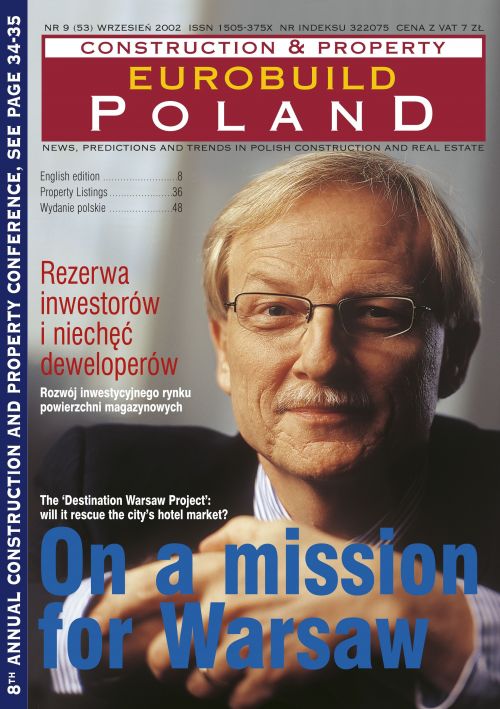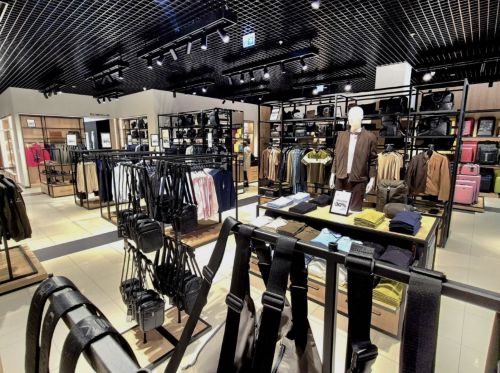The Polish warehouse market does not have much to offer to investors. There
are only a few good developments, which developers in any case prefer to
re-finance themselves.
The above statement will be confirmed by developers, investors and investment
advisors and it tells us why there have been so few transactions, with only
three having been officially announced in Poland. In 1997, the Real Estate
Investment Trust bought the 36,000-sqm. Warsaw Industrial Centre complex from
Menard Doswell &Co, and this was the first transaction of its kind in the
country. The warehouse is now called ProLogis Park Warszawa. In 2000, the
American investment fund, Heitman Central Europe Property Partnership, purchased
Diamond Business Park Janki (32,000 sqm.) for USD 27.7 million, from developer
AIG/Lincoln Polska who still manage the complex. At the beginning of this year,
the Austrian Europolis fund bought Alliance Logistic Centre's two buildings,
(totalling 28,000 sqm of space), again fr




























































